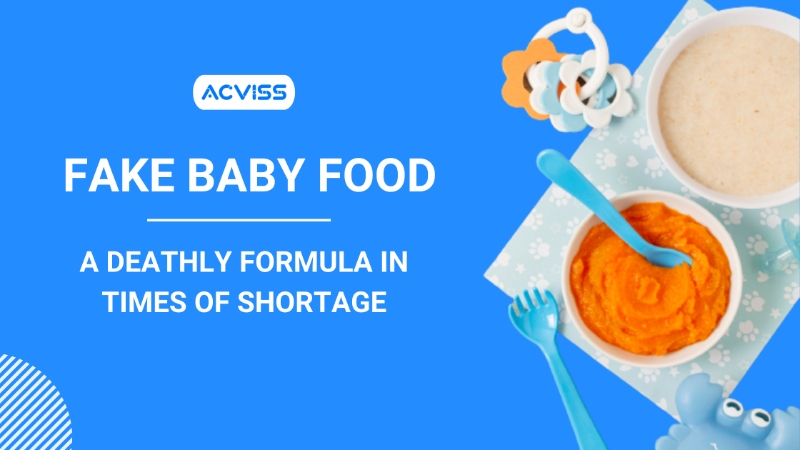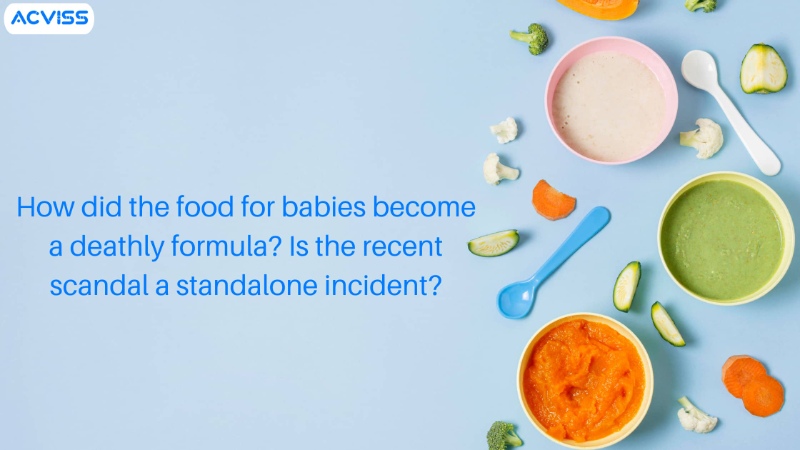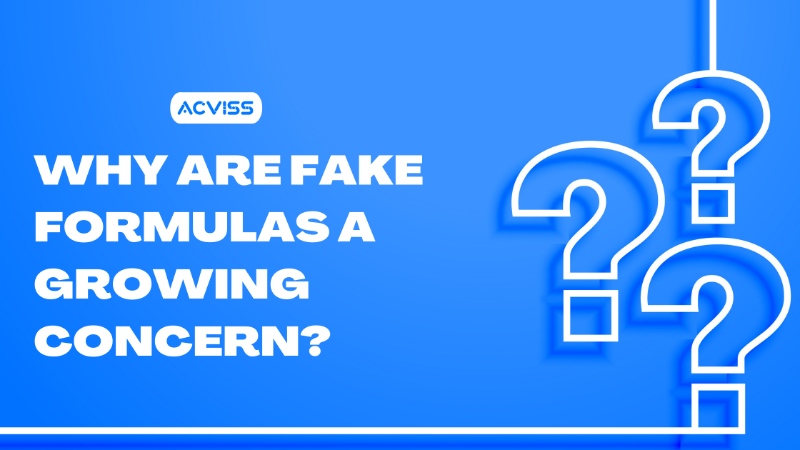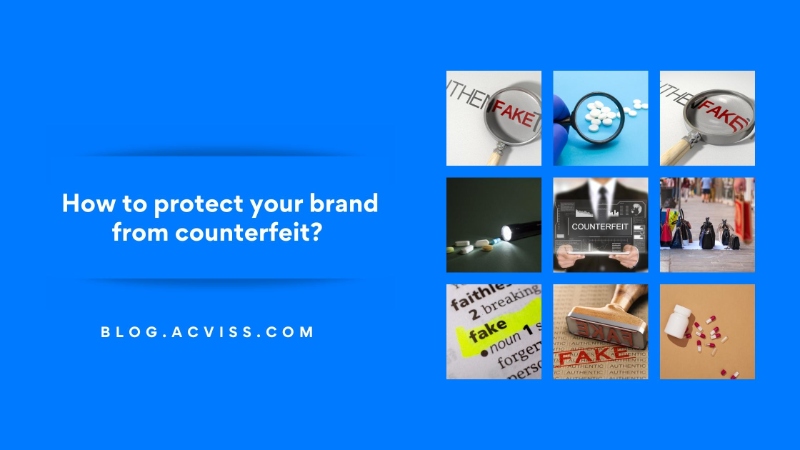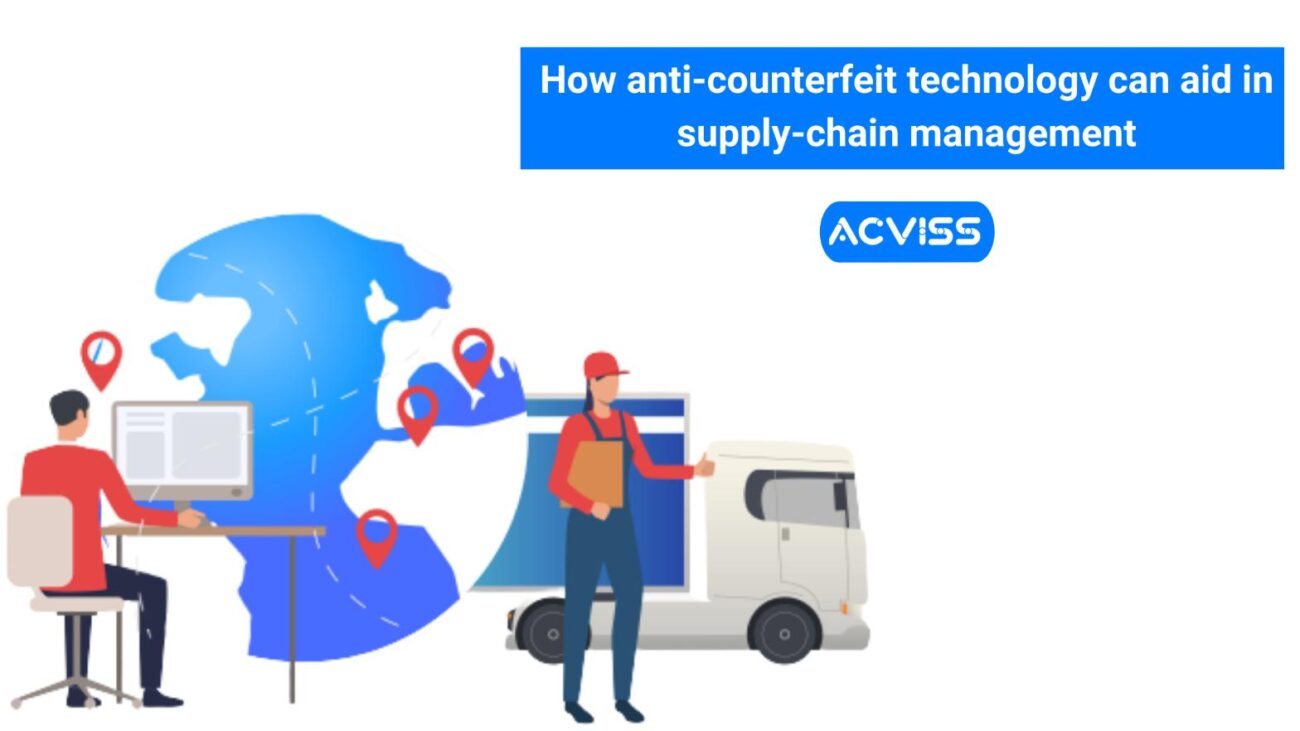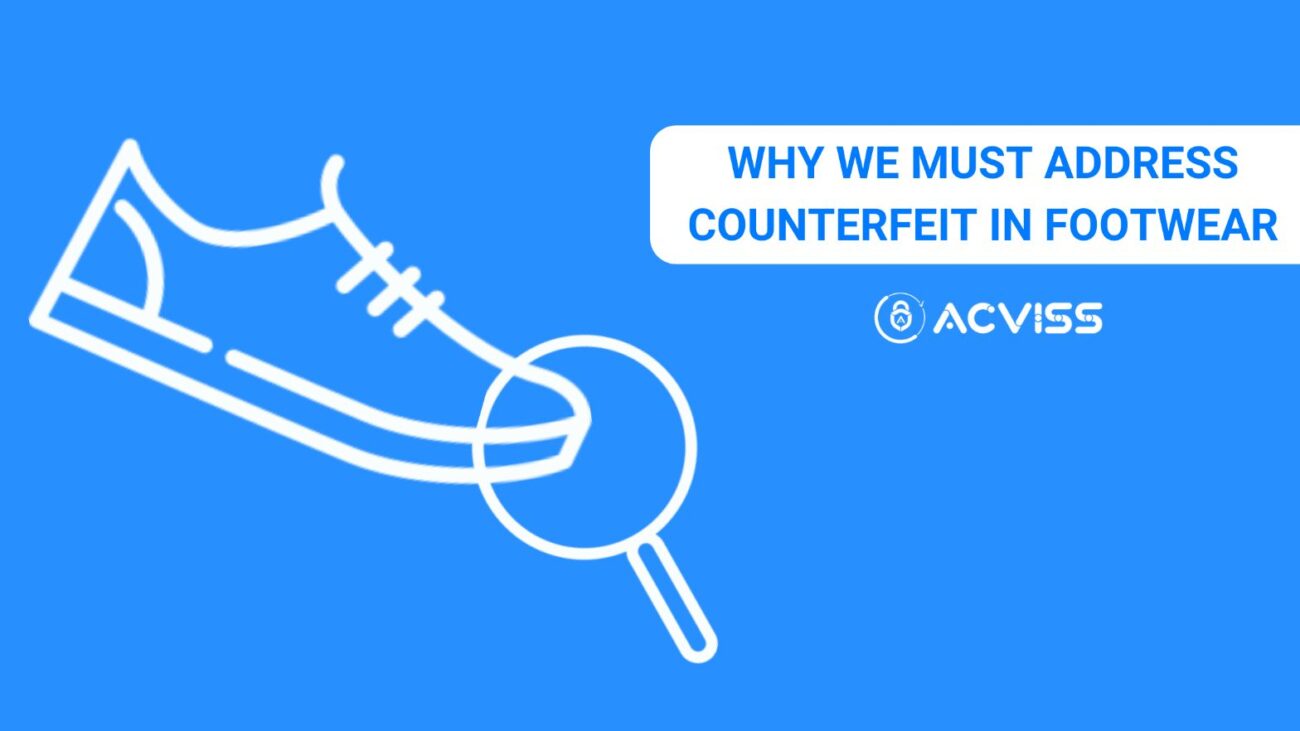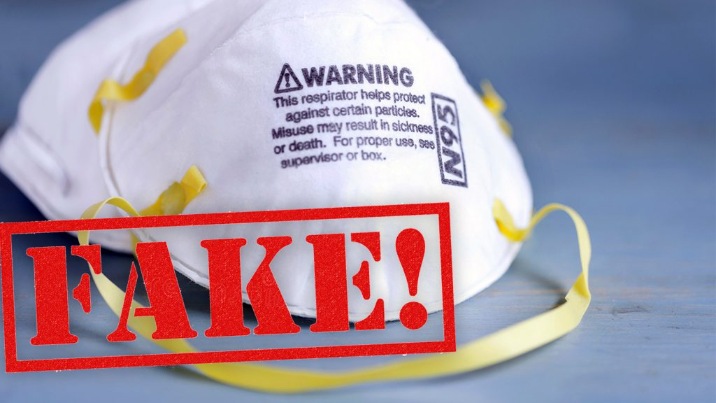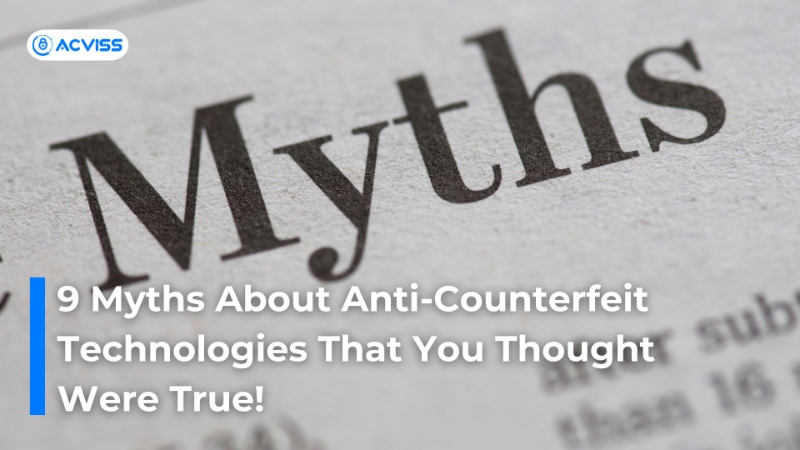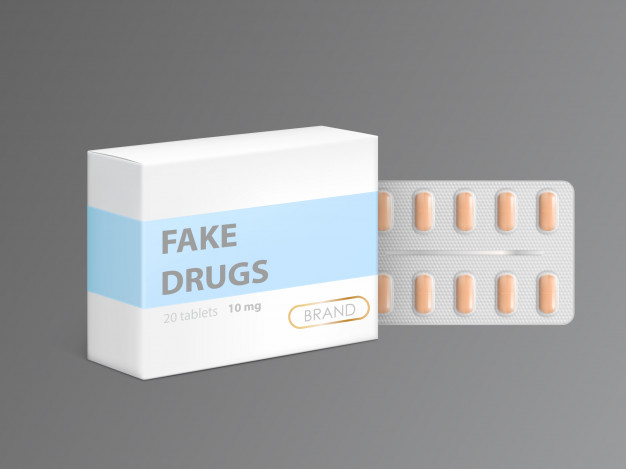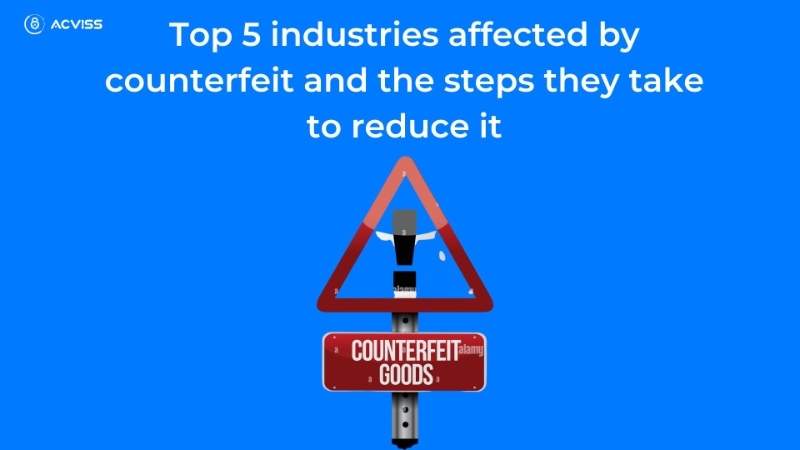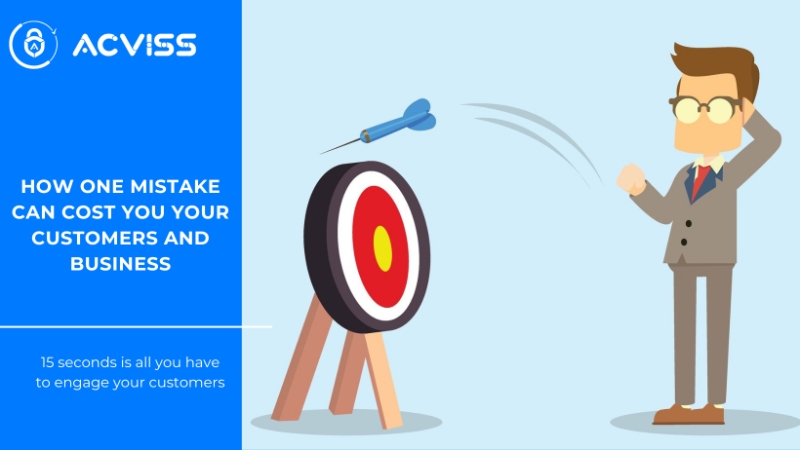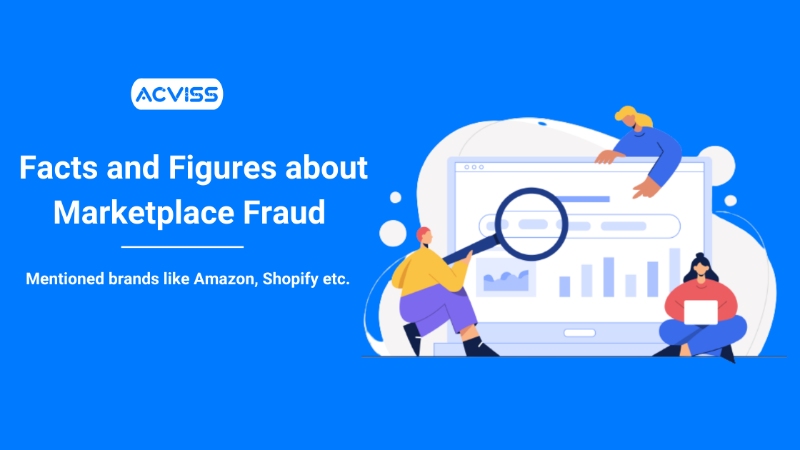Baby food products have a history of making news. Unfortunately, in this sector, it has been a scandalous affair. If you are in the baby formula-making business, you know what we are talking about. If you are a buyer worried about the shortage of baby formulas in America, you certainly know what we are talking about. If you are following the current happenings, then you may be familiar with these headlines:
- Chinese children were found dying after consuming baby formula.
- Acute shortage of baby formula in America after Abbott recalls its products made in the Michigan plant.
- Chinese factory manufacturing baby formula investigates the scandal over alleged adulteration.
But how did food for babies become a deathly formula? Is the recent scandal a standalone incident?
Baby food and formula are as essential as life-saving medicines. So, baby food manufacturers are subjected to stringent checks and scrutiny. Many doctors recommend using domestic brands rather than imported ones. Cold storage conditions and supply-chain disruptions make imported baby formulas risky. Yet do not get tricked into making your baby formula at home. Baby formula has precise nutrition levels and methods of manufacturing. The formula is often used as an alternative to breast milk. Not all young mothers can produce sufficient breast milk due to physiological issues. Additionally, children who have severe allergies or are premature need to rely on formulas for survival. So safe baby food plays a vital role in reducing infant mortality and improving immunity in the most vulnerable period of a child’s life.
Why are Fake Formulas a Growing Concern?
Fake baby food is an easy and lucrative business.
- There is no alternative for babies that depend on formula. So even if baby food and formula are expensive, parents must buy them.
- The adulterated or fake baby formula may not taste very different. But by the time babies get sick because of fake formula, it may be too late.
- All kinds of baby food are available on eCommerce websites. E-commerce sites have been under scrutiny for allowing easy entry to sellers. The complexity of the supply chain of online marketplaces enables the easy sale of fake baby foods.
- The pandemic has triggered excessive buying and hoarding of baby formulas amongst other essentials. The sudden surge in demand has made fake formulas a lucrative business.
- Children frequently fall ill in the normal course of growing. So, it is difficult to say that fake baby food is the culprit. It also means that parents take a while to identify something is wrong with the baby formula they have bought.
- Without an easy method to detect fakes, customers will not report abnormalities, unless it is severe. So substandard baby formula goes undetected. But even substandard baby food can be lethal in some cases. Baby formula has nutrients in a form that can be easily digested by babies. If the formula is adulterated with ingredients that are commonly found in adult food, it can cause severe harm to the sensitive digestive system of babies. Some kids are allergic to certain milk proteins. So, there are brands that cater to special dietary needs. But manufacturers of fake formulas do not care about those needs!
- Few global brands dominate the market of baby formula. The product changes many hands before reaching the end-user.
- Many brands are now using anti-counterfeit technology. However, it is important to ensure that the technology integrates with every unit and package.
We know that baby food has been in the news for the worst possible reasons. The current shortage in America and the scandal in China have caused a wave of worry. But fake formulas have been around for a while. Brands spend a lot of time and money protecting their products. It is especially important for baby formula manufacturers because brand reputation means everything! Baby food brands cannot afford scandals and fakes. The consequences of fake formulas are so severe that buyers will immediately stop buying the brand that has many fakes.
Must Read: Strategies to Combat Adulterated Food and Protect Your Brand
What Can Anti-Counterfeit Technology Offer?
Fake and substandard products cannot be eliminated. Human greed targets even the most vulnerable babies. But we cannot ignore the issue of fake baby foods. Anti-counterfeit technology is the additional shield that brands cannot ignore.
- Track and trace: Often, it is difficult to identify the source of a fake product. But with track and trace technology you have better visibility of the product’s journey.
- Blockchain is another method to improve the efficiency of the supply chain.
- While using anti-counterfeit technology like bar codes, 2D codes, or 3D codes it is important to ensure that the technology integrates with packaging.
- Beyond implementing anti-counterfeit technology, brands need a holistic approach to engaging with all stakeholders to increase awareness about fake baby formulas.
Interested to learn more about securing your brand in the market? Connect with us and get your brand and products protected in the offline and online markets today.
Frequently Asked Questions (FAQs)
- What are some early signs that a baby formula might be fake or substandard?
Early signs could include unusual taste, texture, or smell in the formula. Sometimes, parents may notice unexpected illnesses in their baby, such as digestive issues or allergic reactions. If the packaging appears tampered with or has spelling errors, it’s a red flag. Always buy from trusted retailers and inspect products carefully. - How do supply chain disruptions contribute to the proliferation of fake baby food?
Supply chain disruptions create gaps in the market, leading to a demand-supply imbalance. This opens the door for counterfeiters to exploit the situation by flooding the market with fake products. The lack of proper oversight during these disruptions exacerbates the problem. - What role can consumers play in combating the issue of fake baby formulas?
Consumers can report suspicious products to the authorities or brand manufacturers. They should educate themselves about genuine product packaging, check for anti-counterfeit labels, and avoid purchasing from unverified online marketplaces. Additionally, keeping receipts and batch details can help in investigations. - Why is homemade baby formula discouraged, even amidst shortages?
Homemade formulas often lack the precise nutrient balance required for a baby’s development. They may not meet the strict safety standards adhered to by commercial formulas, putting infants at risk of malnutrition or health complications. - What challenges do brands face in implementing anti-counterfeit technology effectively?
Key challenges include integrating the technology seamlessly into packaging, ensuring all stakeholders in the supply chain adopt and adhere to these measures, and educating end-users to recognize and verify anti-counterfeit features. The cost and scalability of these solutions can also pose barriers for smaller brands.
